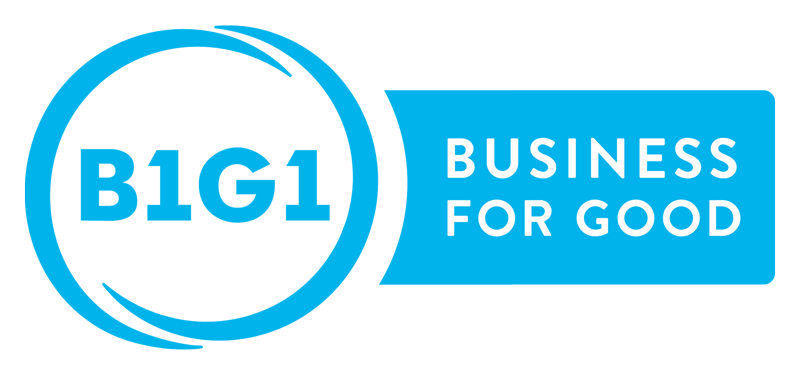
You might believe strongly, deep down, that your financial advice business needs a “strong brand” – but what is a “brand”, anyway?
It can actually be quite difficult to define, even for a financial branding agency such as ourselves! Part of the problem is that a “brand” is quite intangible, making it hard to put precise conceptual parameters around it.
Yet it’s important to try and understand the core components of a financial adviser brand, in order to leverage the benefits in your favour, of which there are many. Consider the following, for example:
- A strong brand will enable your clients and prospects to recognise you more quickly.
- It will reinforce a sense of customer loyalty, through shared values.
- You gain more trust and credibility in the marketplace, helping you close more business.
- It gives you an edge over the competition, helping you increase your market share.
These are all immensely important advantages of a strong financial brand, so let’s take a moment in this article to unpack “financial branding” a bit more. The aim here is to help you in your understanding of financial branding, to help you discern whether your brand needs developing.
As always, if you want to discuss your financial brand with us then please get in touch to arrange a free, no-commitment branding consultation with a member of our team here at CreativeAdviser.
More than a logo
In a nutshell, a “financial adviser brand” is simply the manner in which your business is perceived by people both inside and outside of the organisation.
Looked at from this angle, a “brand” can almost be seen as your “reputation”. When you think about it, a brand can, therefore, also be personal as well as corporate.
After all, you have your own reputation amongst acquaintances, friends and family. Perhaps you are funny, easygoing and lighthearted. Or, maybe you are harsh, dictatorial and unkind.
People will form these opinions of you not just based on your appearance (although that is part of it), but also based on how you behave and interact with others around you.
For small financial adviser firms, the “personal” and the “corporate” can sometimes cross over into one another – especially if you are a one man/woman firm. In a sense, both you as an individual and also your company are the same “brand”. So you need to be even more mindful of how your personal reputation/brand might impact that of your business, and vice versa.
Looking at branding from this perspective, it is interesting that lots of financial advisers seem to think of “branding” as basically synonymous with “logo design”.
They think that if they invest in a nice, shiny financial logo then that will bestow them with a powerful, reputable brand. Yet, whilst logo design is a very important part of your brand, it clearly is not the entire picture. Just as you cannot build a good reputation with the people around you by wearing a nice hat, jacket or hairstyle, you cannot expect an amazing logo to do all of the work for your financial brand.
How to build a financial brand
Since brands are essentially tied up with people’s perceptions, building a successful financial brand requires developing both the visual and non-visual aspects of your business – changing people’s perceptions towards the perceptions you want.
So, you need to think about how you look, as well as how you behave. Again, think about it on a personal level. What would you need to do in order to change people’s perception of you?
Remember how at secondary school, we all got “pigeon-holed” by everyone else? As unpleasant as that experience was, it almost inevitably happens to all of us – and it’s good preparation for how consumers might treat your financial brand later!
For instance, at school, some of us were quickly labelled “geeks”, “jocks” or other (often unpleasant) names. These were attributed to us partly based on how we looked at the time but also based on how we “carried ourselves” at school, what we were interested in and talented at, and also based on a host of other “non-visual” factors. In a sense, we were all “branded” at school!
To change your personal brand – especially in a school environment – is incredibly challenging, but it can be done. It would likely involve changing your appearance, as well as learning to behave and act in a different way. You would also need to do all of this confidently and with an air of authenticity, otherwise, people would soon detect that you are “faking it” and be unconvinced by your new “brand”.
With financial adviser branding, there are a lot of parallels with all of this. It might be, for example, that your target audience largely isn’t even aware of your existence. If that’s your situation, then you actually have a great opportunity to get the help of a financial branding agency to form a great first impression and perception of your brand.
If you already have a reputation with your audience, however, and you want to change or develop their perception of you, then you will certainly need an agency’s help to plan out how you will do this. It’s harder to change an existing perception than introduce a new one for the first time.
For instance, it might be that your desired brand is very prevalent with existing clients who know you well – but it is not prevalent amongst your prospects, who are unfamiliar with you. For these people, it might be that they look at your company and judge you differently from how you would like, based on your visual identity. Perhaps your logo, colour scheme and overall brand style convey a cold, outdated company, whilst you want it to reflect who you really are – innovative, dynamic and modern.
At CreativeAdviser, we have a spent many years helping financial advisers ascertain their brand identity, establish where they want their perception to be, and helping them attain their branding goals through exciting, bespoke branding projects which cover all of your essential branding needs.
Get in touch today if you would like to discuss your project with a member of our team.








